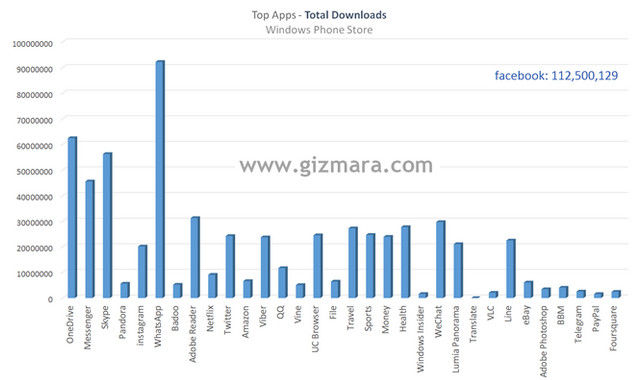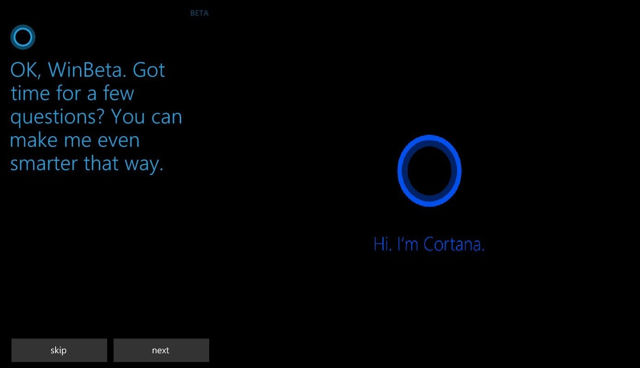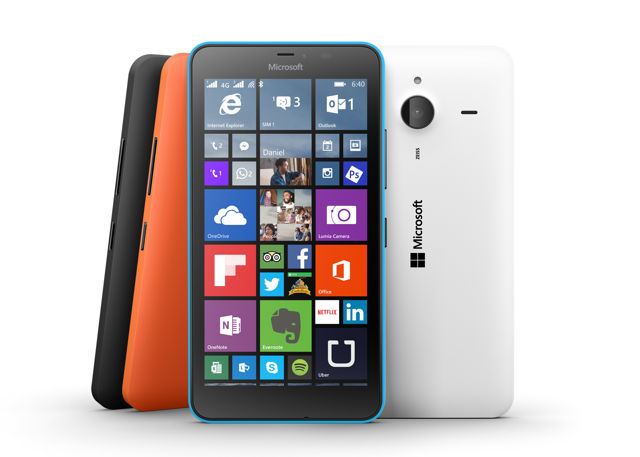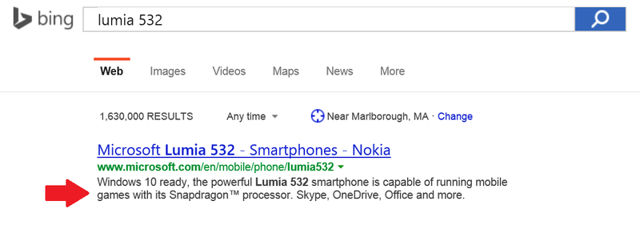windows
Windows 8 to be Retina ready
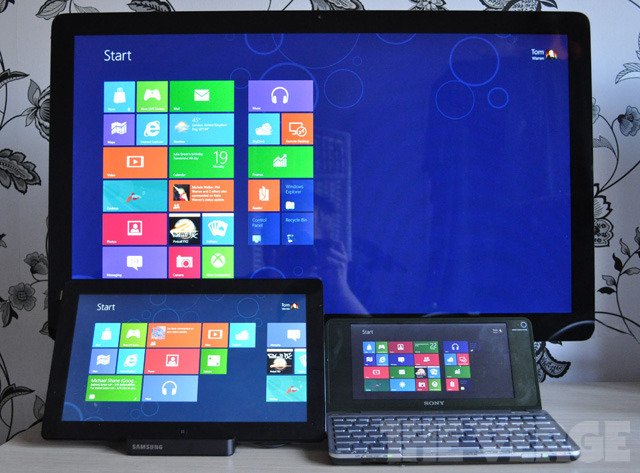
While the spotlight might be on Apple for its Retina display technology featured on the new iPad this week, Microsoft has staked its claim that the OEMs they use are building post-HD resolutions for upcoming Windows 8 tablets. In a ‘Building Windows 8’ blog post today, they state that the company is talking about things like device diversity and a variety or pixel densities.
Windows and dots per inch (DPI) have never always been as ideal as they could have been and they put this down to desktop apps not built to scale ideally with their interface which resulted in a smaller user experience of elements on screens with rather higher DPI numbers. Microsoft is dealing with these issues with its new Metro style applications. Developers will be able to use 3 different sweet spots with pixel densities to scale their graphics and visual elements within apps.
Given that that the new iPad adopts a scale factor of 200% due to a higher pixel density, Microsoft has gone for diversity rather than a higher figure specifically by proposing three scale percentages for Windows 8. The first will be with no scaling at 100%, 140% for HD tablets and finally for quad-XGA tablets, a whopping 180%. As for developers, they will be able to use vector graphics or CSS3 to load images at separate scales.
Microsoft is urging developers to think more about larger screens to ensure that the Metro UI apps make use of the space efficiently. Given all the discussions about Metro apps, Microsoft has not made any mention of resolution scaling improvements for Windows 8 in desktop mode. Our friends over at TheVerge have reported that the Consumer Preview version is largely untouched from Windows 7, so it appears that most of the scaling and obviously touch-mode friendly improvements are designed for the Metro-styled UIs, for now.

windows
2016: Year Of Windows 10 Mobile Updates For Older Devices
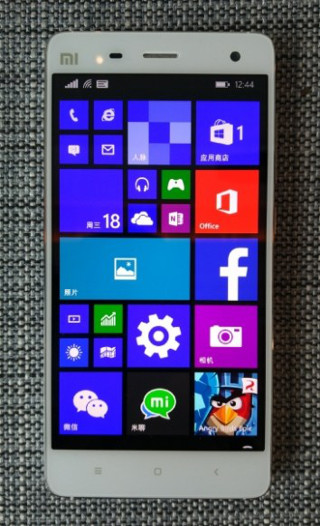 It is quite a feeling to have a smartphone getting the latest operating system update up and running, that is for sure. After all, you can never quite tell just what kind of goodies that your handset would receive now, can you? Those who are rocking to a Windows Phone 8.1 device might be looking forward to spending Christmas with a Windows 10 Mobile update but it seems that such hopes will have to be shelved for the moment.
It is quite a feeling to have a smartphone getting the latest operating system update up and running, that is for sure. After all, you can never quite tell just what kind of goodies that your handset would receive now, can you? Those who are rocking to a Windows Phone 8.1 device might be looking forward to spending Christmas with a Windows 10 Mobile update but it seems that such hopes will have to be shelved for the moment.
It seems that there will be no Windows 10 update arriving this month as originally speculated, and the time frame itself has been altered, being even more vague in nature – where it has been mentioned to be “early next year”, which could jolly well mean any time, even in April. Looks like patience needs to be had in boatloads here.
windows
Xiaomi Mi 4 To Receive Windows 10 This December 3rd
 So, you are still rocking to the Xiaomi Mi 4 and are more than happy with the device, right? Well, how about enjoying an operating system upgrade when December 3rd rolls around? This is what will happen to the Xiaomi Mi 4, where it has been teased by Xiaomi’s Founder and President Lin Bin on Weibo, citing the December 3rd date. I suppose it is encouraging to take note that this bit arrives close to nine months after Microsoft and Xiaomi came to an agreement, where there would be support for the Windows 10 Technical Preview on the Mi 4 handset.
So, you are still rocking to the Xiaomi Mi 4 and are more than happy with the device, right? Well, how about enjoying an operating system upgrade when December 3rd rolls around? This is what will happen to the Xiaomi Mi 4, where it has been teased by Xiaomi’s Founder and President Lin Bin on Weibo, citing the December 3rd date. I suppose it is encouraging to take note that this bit arrives close to nine months after Microsoft and Xiaomi came to an agreement, where there would be support for the Windows 10 Technical Preview on the Mi 4 handset.
Just in case you were wondering, there is another device from Xiaomi which will rock to the Windows 10 OS, and that would be the recently announced Xiaomi Mi Pad 2 tablet, with that particular device arriving in a 64GB memory configuration alongside an asking price of $205 thereabouts.
windows
Windows Phone Store Data Leaked Makes Its Rounds
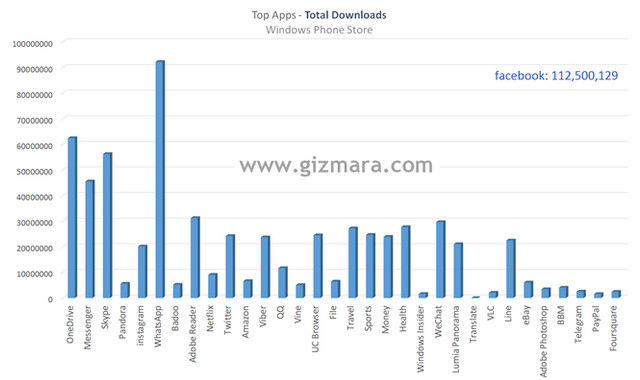 Trivia lovers, here is something that might just pique your interest. After all, don’t you wish you had all sorts of information at your fingertips? Windows Phone lovers will be pleased to hear that there is a leak concerning information about the Windows Phone Store, and such information can be said to be ‘ancient”, as it dates back all the way to October 2011 with the introduction of Windows Phone 7.5.
Trivia lovers, here is something that might just pique your interest. After all, don’t you wish you had all sorts of information at your fingertips? Windows Phone lovers will be pleased to hear that there is a leak concerning information about the Windows Phone Store, and such information can be said to be ‘ancient”, as it dates back all the way to October 2011 with the introduction of Windows Phone 7.5.
So far, the most popular downloaded app happens to be Facebook with more than 112 million installations – no surprise there at all, I suppose. WhatsApp is behind Facebook considerably at 92 million downloads, while OneDrive has 62.5 million downloads. Located close to the bottom of the food chain would be PayPal that picked up a mere 1.6 million downloads all this while, and 2.5 million for Telegraph.
Third party apps as well as games have had their fair share of hits, too, like Tube HD that handles the playback of YouTube videos with more than 13 million downloads. Of course, these figures would pale in comparison to what Android and iOS platforms have garnered all this while.

